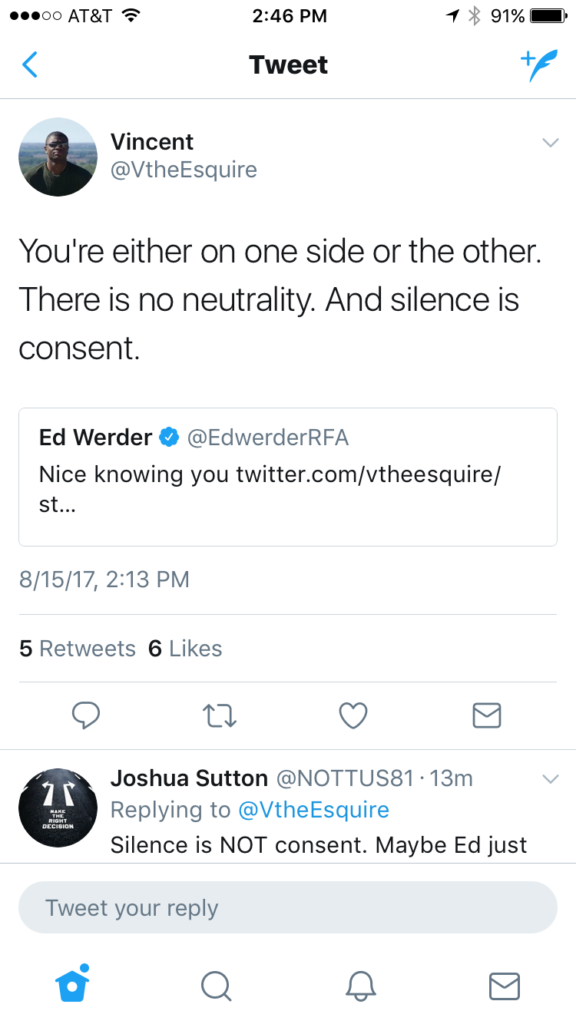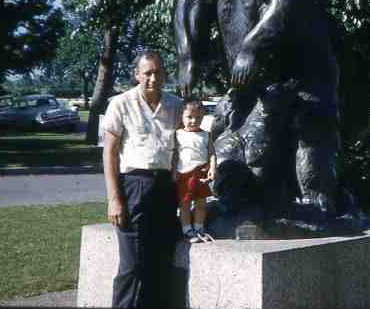Several years ago our youngest daughter, half a world away at college, was feeling overwhelmed because she was over-committing. She was suffering badly from “nice person’s disease,” a genetic malady she inherited from both parents. She felt compelled to say “yes” to every request and opportunity that came her way.
I just came across a “cheat sheet” I created for her at that time. (I recently learned that she still carries it around to this day.)
I found it to be a good reminder for me, today. Perhaps you’ll find it helpful, too.
Saying No
- Forgive me but I just can’t commit to that. I’m working on keeping my priorities straight and I’m hearing my Dad’s voice in my head right now saying, “Keep the main thing the main thing.” But thank you for the opportunity.
- Hey, you know I love you like a brother/sister, but that’s just not something I can commit to right now. I hope you’ll understand.
- Thank you so much for thinking about me. But God has been dealing with me strongly about over-committing lately. I’m going to have to pass.
- Wow, I’m so blessed by the invitation. But I’m working really hard on not spreading my self too thin. I’m going to have to decline. Please forgive me.
- That sounds so fun, but I’m afraid I’m going to have to pass. I’m so sorry. I hope you’ll give me an opportunity on the next one.
- I’m flattered that you want me, but for personal reasons I’m not in a situation where I can take this on. Can we talk again if my circumstances change?
- I’m so sorry, but I just can’t. The reasons are complicated but I hope you’ll believe me when I say I really wish I could.
- Thank you so much for asking. Sadly, I just can’t. I wish I could!
- This week is not a good time for me as I’m in the middle of XYZ. How about next week?
- I’d love to do that but I can’t. Mr. Schedule and Mr. Budget both said “no.” They’re very cranky.
- I’m sorry, I can’t. I’m having to make some very hard choices about my time right now. It’s painful but I’m going to have to say no.
When You’re Being Pressured to Change Your “No” to a “Yes”
- I was just reading what Jesus said about “letting your yes be yes, and your no be no.” I’m sorry, this really is a “no.” But I hope you’ll not be mad at me.
- Seriously, I’d love to participate. But I can’t. And if I let myself be pressured into it I’ll just feel guilty the whole time and be resentful later when I’m paying the price.
- I know you don’t mean to pressure me or make me feel bad, but I really need you to trust me right now when I tell you I can’t.
- I can tell this means a lot to you, but I’m going to disappoint you here. But I love you.
Disagreeing
- That’s an interesting perspective. But that’s not the way I see it.
- That’s not been true in my experience.
- I’m not so sure about that.
- (This is the “feel, felt, found” method) I can understand why you’d feel that way. I’ve felt the same way in the past. But here’ what I’ve found . . .
- I just don’t see that the same way as you. But to each his own!
- You think? Huh! Interesting!











































